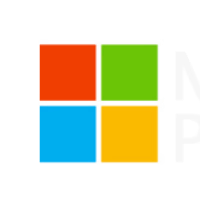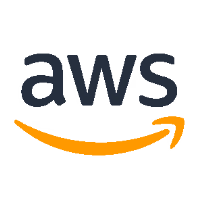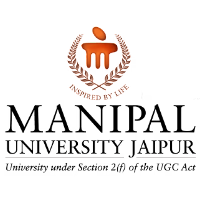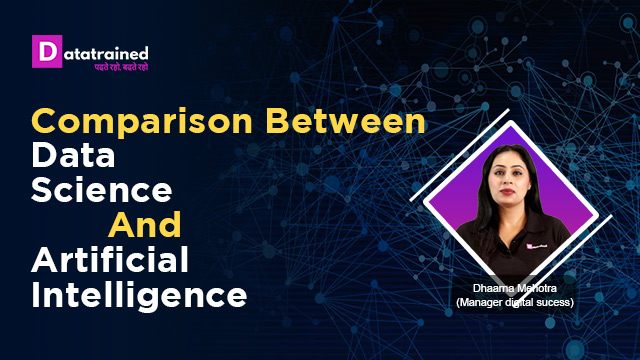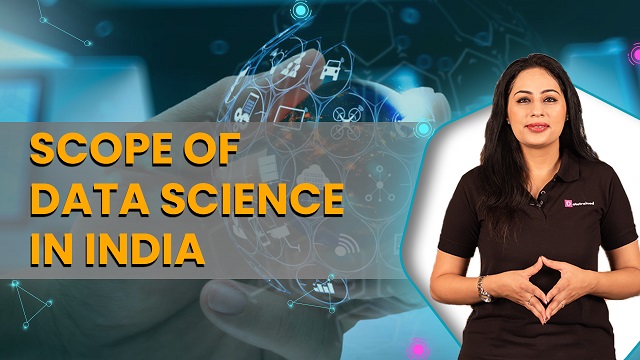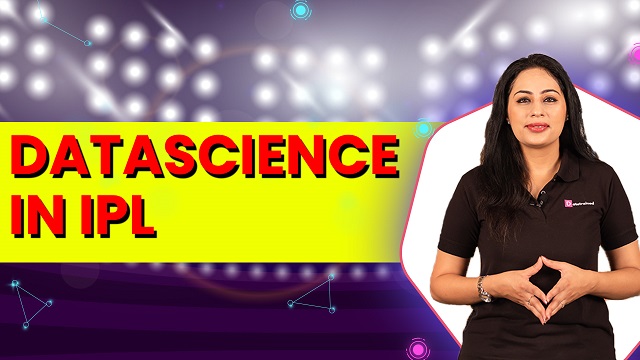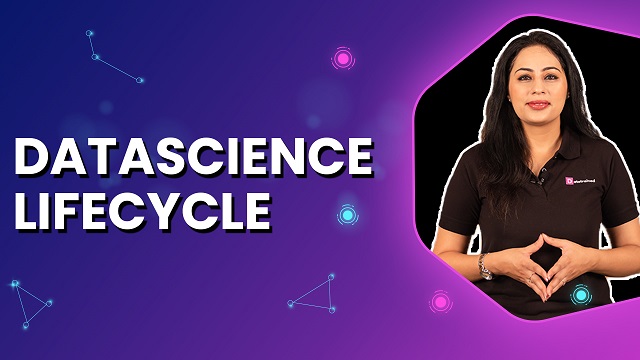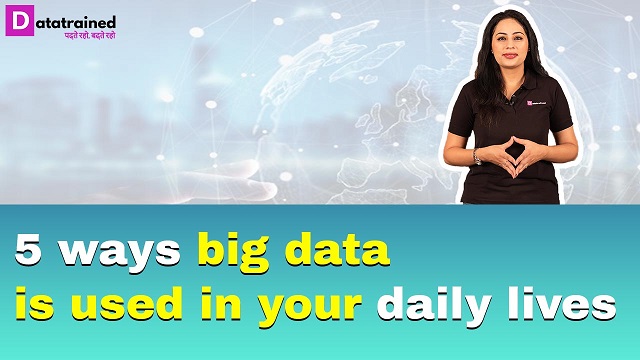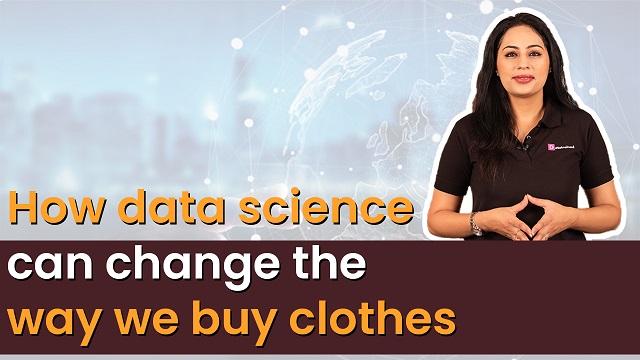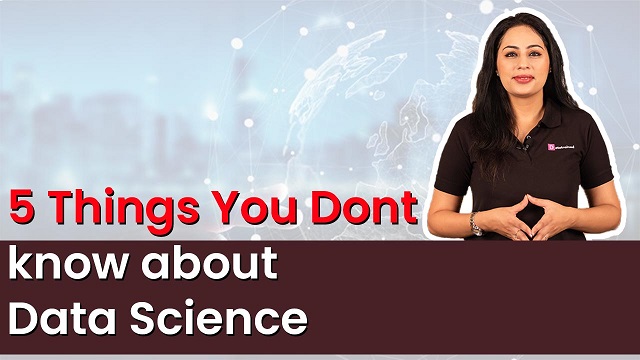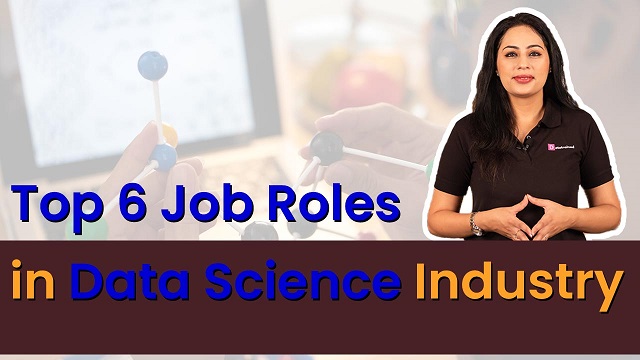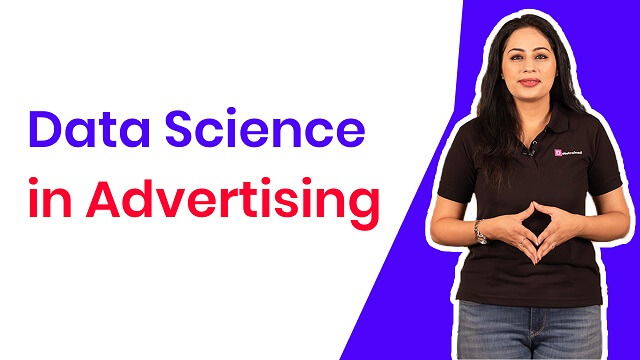In this video, you will know how data science is transforming our lives through the healthcare sector.
According to a study, the data produced by every human body is actually 2 terabytes each day. This involves brain activities, anxiety levels, pulse rate, sugar level, and a lot more. To deal with such a massive quantity of data, we have more advanced technologies and one of them is Data Science. It can help monitor patients' health using recorded data.
Medical Imaging Analytics
The deep-learning-based algorithms improve the diagnostic accuracy by learning from the prior instances and then recommend better treatment solutions. The most common image processing techniques focus on enhancement, segmentation, and denoising that permits deep analysis of anatomy and detection of diverse disease conditions. The most promising applications aim to detect tumors, artery stenosis, organ delineation, etc.
Drug discovery
Drug discovery is actually a complex process it involves a lot of regulatory guidelines, cash and it typically takes twelve years to acquire a drug officially submitted. Data science, as well as machine learning algorithms, simplify and shorten this complicated process, Such algorithms can forecast exactly how the compound will act in the body using advanced mathematical modeling and simulations rather than the "lab experiments".
Virtual assistance for patients and customer support
The AI-powered mobile apps are able to provide basic healthcare assistance, usually as chatbots. You just describe your symptoms or even ask questions, and next get key information about your medical condition derived from an extensive network linking symptoms to causes. Apps are able to remind you to adhere to your dosage regimen, and if needed, assign an appointment with a health care professional.
Predictive analytics
The data science predictive analytics methods learn from historical data and make precise predictions about the results. They process the patient information, can make perfect sense of clinical notes, find the correlations, associations of symptoms, familiar antecedents, habits, diseases, and then make predictions.
Other areas of healthcare where data science is playing a vital role are clinical research, healthcare staffing & genomics.
Benefits of Data Science in Healthcare
Facilitates the easy workflow of the healthcare system
reduces the risk of treatment failure
It helps to provide proper treatment on time
Early detection of symptoms
Remote monitoring of symptoms by clinicians
To avoid unnecessary emergency due to the unavailability of doctors
To reduce the waiting time of patients






